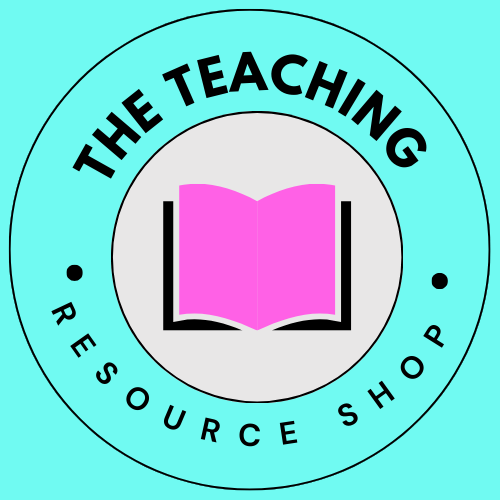The Process Of Adapting And Adjusting Teaching
The process of adapting and adjusting teaching is an essential aspect of effective education. As educators, it is crucial to recognize that each student is unique, with different learning styles, abilities, and needs. Adapting and adjusting teaching methods allows us to create an inclusive and engaging learning environment.
To begin this process, it is important to assess the individual needs of students. This can be done through formal assessments, observation, and student feedback. By understanding their strengths, weaknesses, and learning preferences, we can tailor our teaching strategies accordingly.
Adapting teaching methods also involves using a variety of instructional techniques. This could include incorporating visual aids, hands-on activities, group discussions, and technology-based resources. By employing different approaches, we cater to diverse learning styles and promote active student participation.
Flexibility is key when adjusting teaching. As educators, we should be open to modifying our lesson plans based on student progress and feedback. This might mean revisiting certain topics, providing additional support, or challenging advanced learners.
We can make informed decisions about instructional adjustments by continuously evaluating student understanding and engagement.
Furthermore, collaboration with colleagues and professional development opportunities are invaluable for enhancing teaching practices. Engaging in discussions, attending workshops, and staying up-to-date with educational research equips us with new ideas and strategies to adapt our teaching methods effectively.
In conclusion, adapting and adjusting teaching is a dynamic and ongoing process. By recognizing the diverse needs of students, employing various instructional techniques, being flexible in our approach, and seeking professional growth, we can design a positive and inclusive learning environment that fosters student success.


